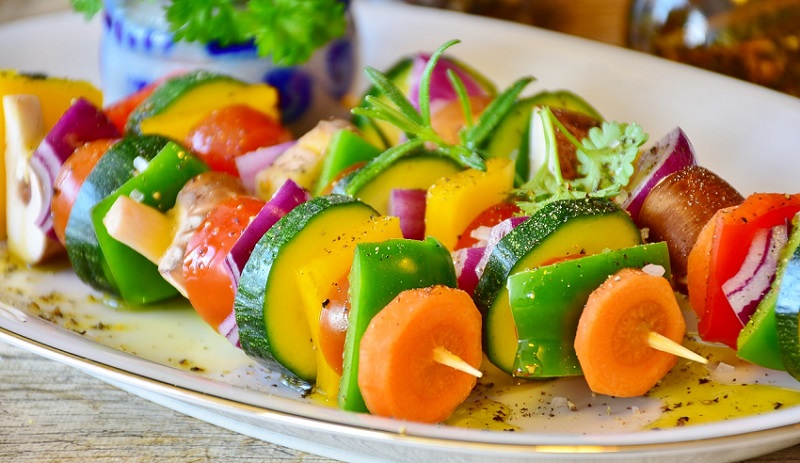
In recent years, more people have been looking at the way they eat and the environmental impact and making choices to improve both their health and the way we treat the planet. While the number of vegetarians has been growing for many years, there has recently been an increase in people choosing to be vegan.
The Vegan Society states that in 2019, there were roughly 600,000 vegans in the UK, a rise from 150,000 in 2015. Regardless of the reasons behind a person’s decision to become vegan, there is no doubt that restaurants need to start catering for the increased demand.
However, there are certain requirements needed that can cause issues for some restaurants. This has meant that while many businesses want to cater for vegans by adding items to their menu, the logistics have proved difficult to overcome.
Here are some of the ways that restaurants can look to move more towards adding vegan dishes to their menu, and what other dietary requirements can also be catered for.
Vegetarianism Versus Veganism
The number of people turning toward a vegetarian lifestyle has increased steadily for many years. Some choose to become vegetarian because they want a healthier lifestyle without meat, while others are also opposed to the confinement and slaughter of animals.
However, veganism is a stricter version of vegetarianism has been gaining more interest from people including celebrities and other high-profile people.
While you may have been preparing vegetarian options in your restaurant for a while, there are differences between the food you can prepare for vegetarians and those for vegans.
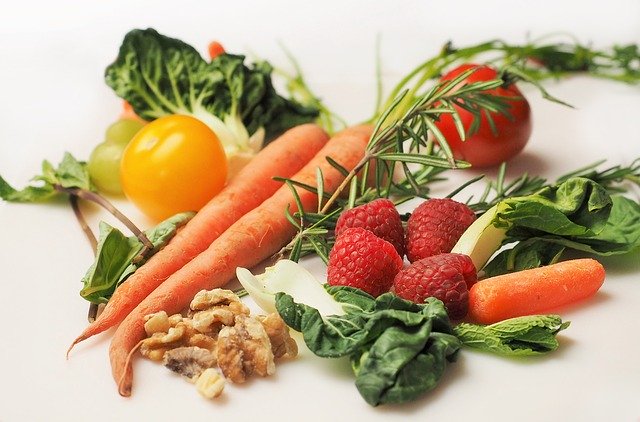
- Vegetarians - There are various forms of vegetarians, though, in the main part, they do not eat any meat, fish, poultry, game or shellfish. They may also avoid some by-products of animal slaughter.
Other forms of vegetarianism may also exclude eggs, milk, or other animal products.
- Vegans - Vegans have a more stringent diet when it comes to animal products, and this can be the reason some restaurants struggle to cater for a vegan diet. Vegans omit the same foods as vegetarians but also avoid any products that have come from animals. This includes gelatin, honey, carmine, pepsin, shellac, albumin, whey, casein and some forms of vitamin D3.
If you are running a restaurant that also serves meat or products coming from animals, then you need to ensure that all the food preparations for vegan meals are kept separate to avoid contamination.
Existing Businesses
For those who are already running a restaurant and who cater to those who eat meat, there is a difficult choice to make. The vegan community is growing in the UK, and this means there is an opportunity for businesses to tap into this area of the market and provide much needed vegan dishes.
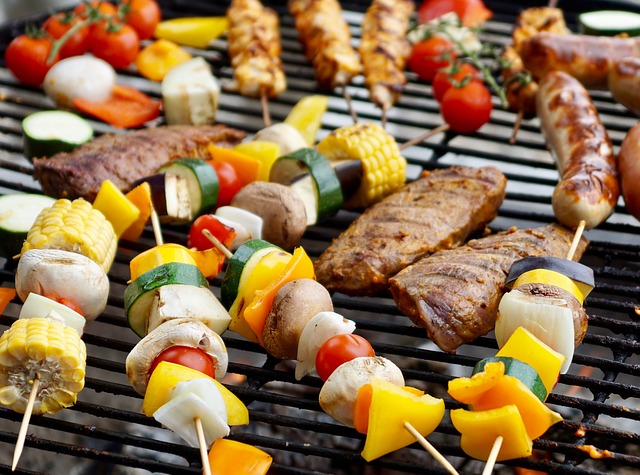
Some of the dilemmas that existing businesses face include:
- Ensuring that all the ingredients in their vegan meals are non-animal based.
- Finding the space in the kitchen to accommodate a separate food preparation area.
- Deciding if there is enough spare capacity in the kitchen to deal with the additional work.
- Finding out if there is enough demand in their area to warrant the addition of vegan dishes.
There have been instances where restaurants have advertised as having a vegan menu, but in reality, have been cooking vegan and vegetarian foods alongside meat dishes on the same grill. This has caused some customers to be wary of such claims, so anything that can ensure your restaurant is vegan-friendly will undoubtedly help attract new customers.
New Businesses
In many ways, new businesses that are not yet completed have an advantage over existing restaurants. They will be conducting market research as part of the plan, so it won’t be difficult or costly to factor in the demand for vegan dishes.
There is also the consideration of separate food areas for vegan food so that it doesn’t become contaminated. Space can be easily set aside for this and incorporated into the kitchen area rather than added at a later date.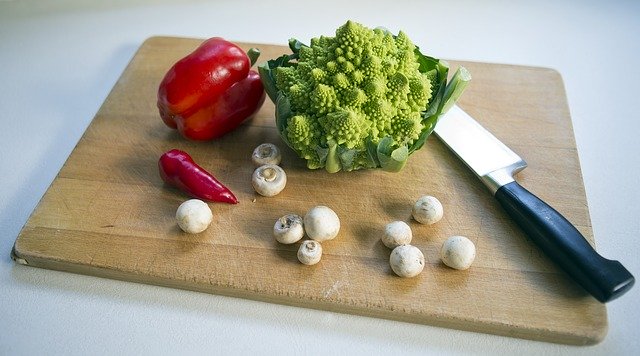
New businesses still need to consider a few options:
- Is there a demand in the area for vegan dishes?
- Should the restaurant be vegetarian and vegan only, or should it also serve meat dishes?
- Will there be a significant additional cost to cater for a vegan menu? If so, can this cost be justified?
- Are there any appliances that can make the separation of vegan foods easier?
Can Appliances Help?
There is now an increasing number of companies that are developing appliances that can help kitchens cater to those with different dietary needs. This doesn’t simply include vegans, but also those with nut allergies, gluten intolerance and milk allergies.
Some of the equipment that can be helpful include:
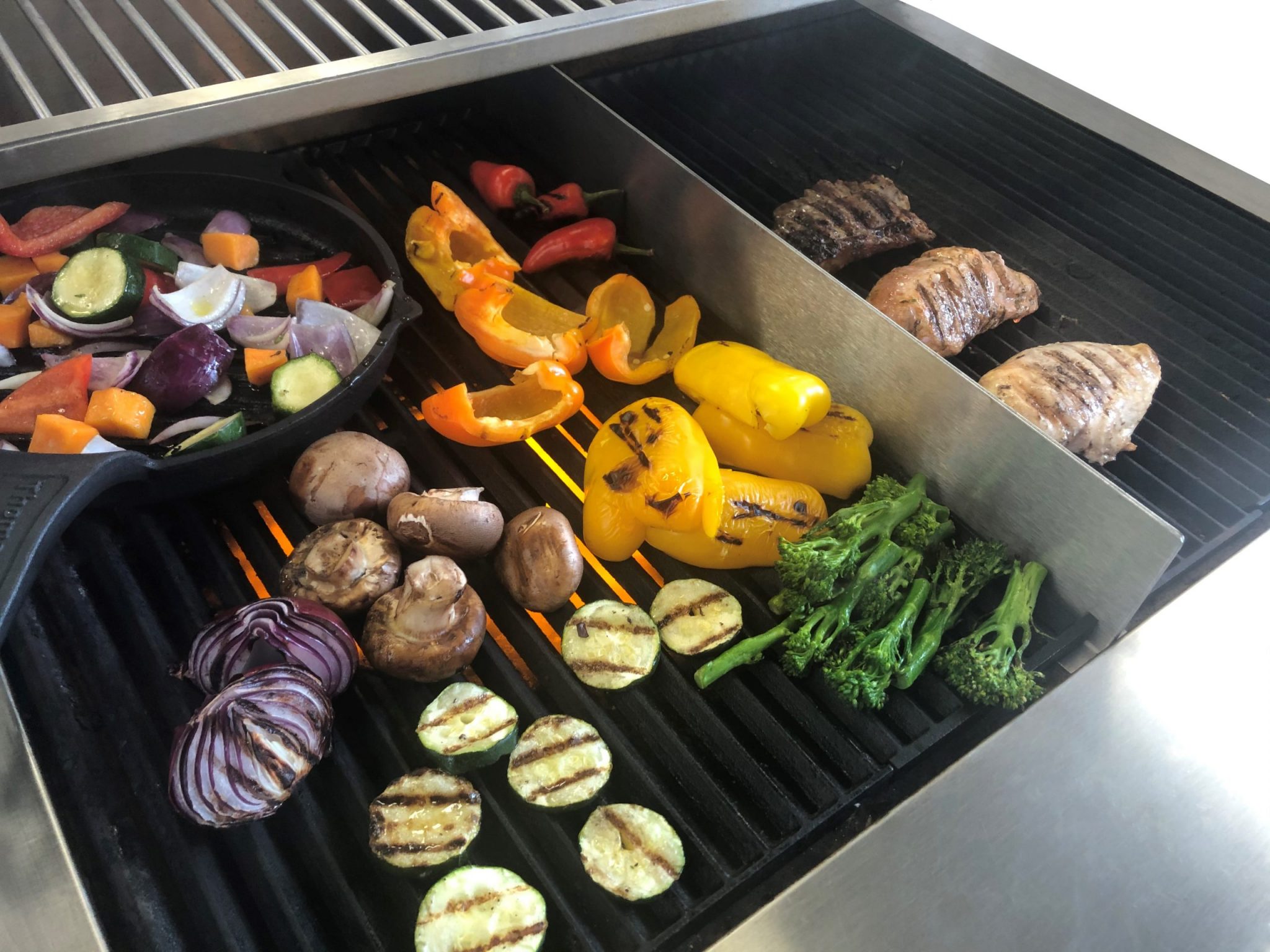
- Synergy Grill have developed stainless steel dividers for their Trilogy range of grills. This allows meat and meat-free products to be cooked at the same time. It also eliminates splashing to prevent contamination and allows the cooking to be more efficient. Synergy Grills also atomise the fat produced from the food which is then vaporised to prevent it from transferring any flavour from one food to the other.
- Valentine Allergen Control Fryer is another appliance that helps kitchens to separate the food. It uses two tanks with separate filtration systems so that meat and non-meat foods or gluten based and gluten-free options can be cooked without cross-contamination.
As the vegan lifestyle choice gains traction, catering equipment brands are increasingly designing and creating innovative cooking solutions to help you cater for vegans and others who have dietary needs that require food to be prepared and cooked separately.
There is no doubt that veganism is fast becoming a way of life for many people and businesses understand that a good majority of their customer base may be looking for vegan dishes. It means that restaurants and other businesses that cater to the public will need to consider if they can make the necessary adjustments and create the essential kitchen separation required to provide food options to vegans, or if it is simply a trend that they are unable to accommodate.






